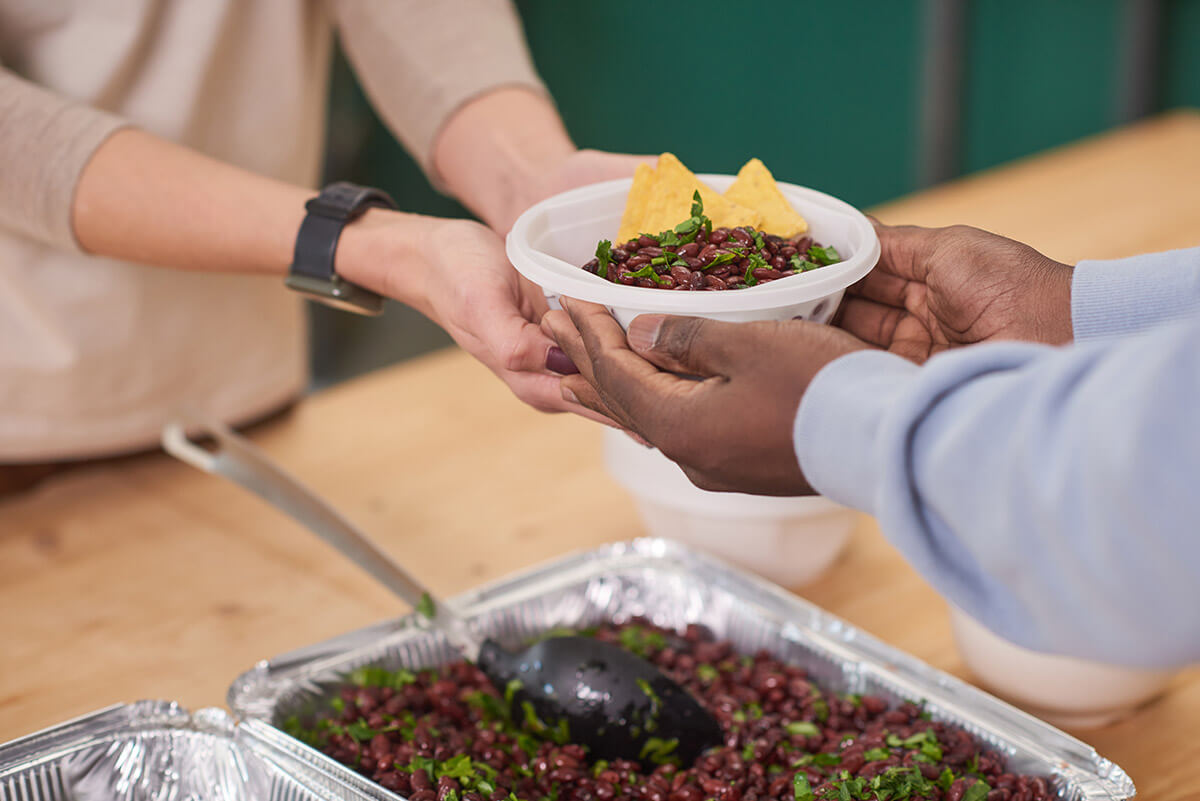Food… is the silent killer
One thing that we all take for granted is that when walking into a grocery store whatever we need it will be there in front of us. Food and its availability has not been an issue for me or those around me.
The scarcity of many food items and ingredients are becoming much harder to get and many folks are starting to hoard food along with raw ingredients and any form of canned goods that may be available to one. Something that we all have taken for granted in this country is becoming a very common theme that much of what you may need to feed yourself and your family may not always be available to you at an instance. This silent slow killer of having much less available to us is just now starting to sink in and the visibility of when you walk into a grocery store, the shelves are either empty or have very few items there.
Is the earth running out of food?
This question needs to be asked in relation to how we as a population are going to handle these ongoing issues that may not be front and centre to you now, but the crash is coming. Experts are predicting that the world population could be too big to feed itself by 2050. By then, there will be almost 10 billion people on the planet and food demand will have increased by 70 % compared to previous years. Scientists put the limit on how many people earth can feed at 10 billion – max!
There are limits to earth’s capacity to feed humanity. Even if we use available resources at maximum efficiency the world’s farmland could not support more than 10 billion people, according to many experts. Many are predicting the food crisis is coming and even faster than climate change. The shortage of water, land, and energy combined with the increase demand from population and economic growth, will create a global food shortage over the next 30 years or so. Lack of technology and knowledge will add to the crisis.
As part of the food crisis, prices of food such as corn and rice are likely to increase rapidly very significantly over the next twenty to thirty years. WE will need to double food production to feed humanity. But the basic resources for food production are becoming scarce. The world is currently losing billions of tonnes of topsoil a year. Many have said that we have lost a third of the world’s soil in the last 40 years and the loss is happening at an increasing rate. Besides the obvious problems of famine itself, the shortage of food is also likely to cause other problems such as conflict, mass migration, and even war. In the future, wars are likely to be fought over access of food and water resources.
Its not only food we’re running out of. Human consumption and population growth is putting pressure on nature’s regenerative capacity across the biosphere meaning basically all ecosystems. We are exploiting the earth’s ecosystems beyond their limits and producing more waste than the planet can absorb. It sounds too crazy to believe but in a situation of an upcoming food crisis between one third and half of all food produced is lost or wasted before or after it reaches consumers.
This crisis is real, and we should all be concerned……l have tried to give you some perspective of how important this crisis is and how it will ultimately effect all of us. The next time you walk into a grocery store for some groceries, please take note of what we are speaking about because it may not have hit you yet, but our crisis will be just around the corner if we do not pull together as a global community. The last thing that l want to bring up is this word “conspiracy” and how a few have all planned these past couple of years and are trying to set forward the next three years. There is an argument to be made that this theory is a prevalent one, but today l want to make sure that my message is clear that we have a shortage and will continue to have issues when it comes to food and its availability to all of us.
One may ask what is something that we can do to prolong the inevitable…. the experts are telling us to eat smaller portions. Eat less meat, perhaps fewer times per week. And try to reduce the miles that your food has had to travel. Locally sourced, seasonal food is good for your health and good for the environment. People might also think of growing their own food on a balcony, a roof, or in a garden. Not only is it enjoyable, but it is also reconnecting individuals with nature.
The war in Ukraine has had an impact on our food chain, together, the two countries provide 30% of the world’s wheat – plus barley, sunflower seed oil and corn – feeding billions of people. This war is tipping our fragile world toward mass hunger. Russia and Belarus are two of the world’s top producers of potash, an ingredient in fertilizer. Farmers worldwide are affected. So, with Russia’s exports blocked by many countries and Ukraine’s planting season impacted by the fighting, a huge supply of the world’s food is trapped or disrupted.
We all have known someone who has gone hungry, and, in many cases, we may have just past over it as a one-time thing. Well, I’m hear to tell you that this is something that we will all be seeing much more of and be prepared that it just may hit you or someone close.
Feast or Famine!






Redes Sociais - Comentários